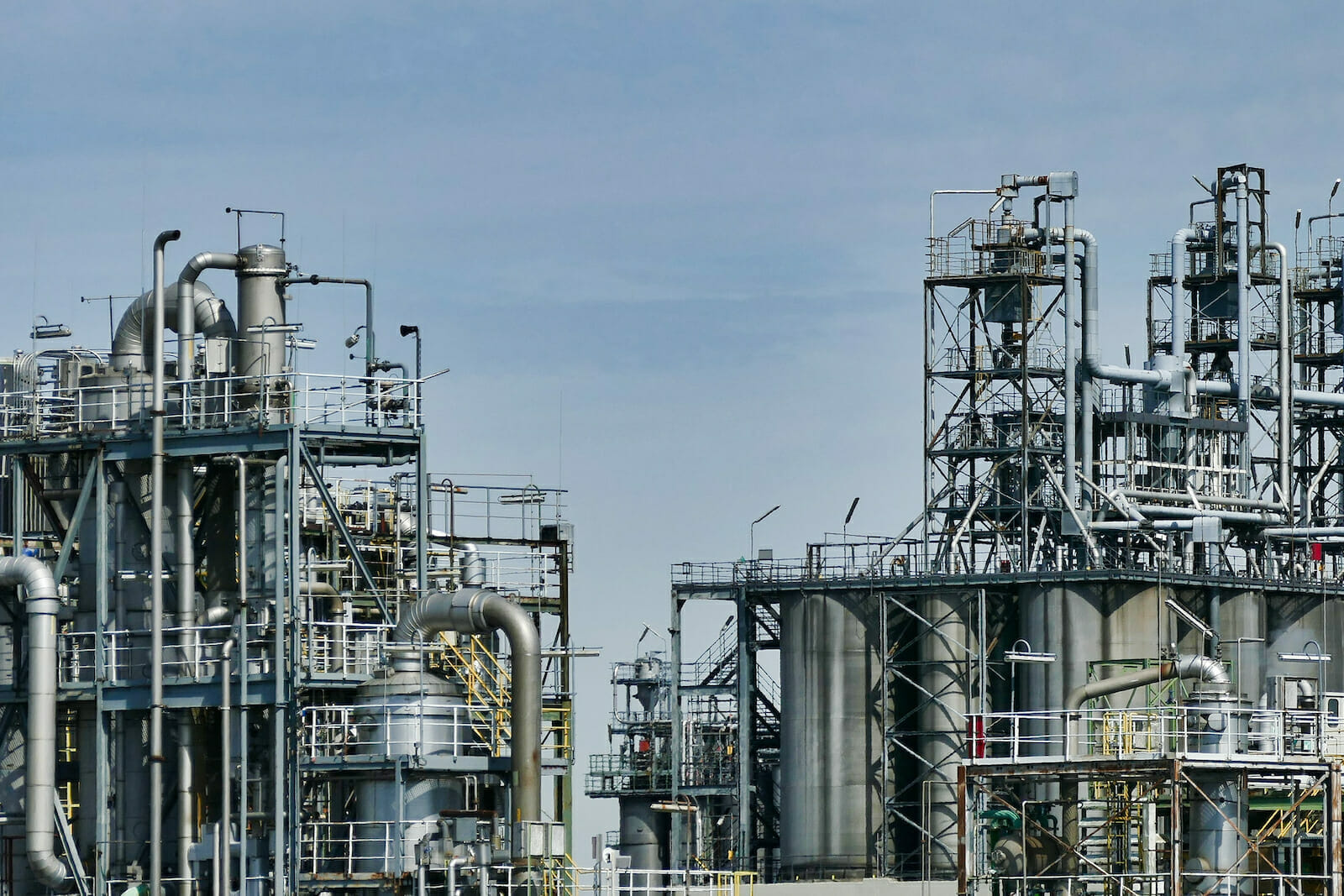
Energy Infrastructure Key for Africa’s Development and Security: WECA
Africa’s energy security could be given a major boost if states and companies worked together to develop energy infrastructure projects, according to industry experts speaking at the Energy Council’s World Energy Council Assembly (WECA) digital forum last week.
The annual event, which brings together the best of the world’s energy community saw three days of discussion on the future of energy transmission and investment. There was a specific focus on Africa, a continent that with the right investment could become influential in shaping global energy trends.
The Spotlight on Africa discussion focused on the continent’s energy future and the need for greater foreign direct investment (FDI). FDI into Africa is set to drop between 25-40% this year due to the double blow of the coronavirus pandemic and low commodity prices. This starkly contrasts with the growing rate of energy demand on the continent, which is set to increase by 60% in the next twenty years.
Governments across Africa are looking to attract FDI into the continent’s energy sector, something that is crucial for development, energy security, and economic growth. The expert panel at WECA believes that smaller bespoke energy projects are the way forward, with localised projects enabling stable local energy supply but without the environmental impact of larger projects.
Kwaku Boakye-Adjei, a director of Ghana’s Tema LNG Terminal Company and a WECA panelist, was clear that, if African governments and investors focused on small domestic projects, they could achieve increased energy security whilst also reducing carbon emissions.
He stressed that greater dialogue between governments, investors, and energy companies is key for attracting FDI into the energy sector, with more time needed to appraise and develop projects.
“Governments need to have conversations with international companies and investors, to make sure the solutions they create are bespoke and project-specific,” said Kwaku Boakye-Adjei. “If they do this and can be flexible, they will be successful in attracting investment.”
Yann Livulibutt Yangari, the head of gas at Gabon Oil, supported Boakye-Adjei’s argument that there needs to be a focus on projects that bring energy to those that need it. Energy projects that are significant for the region and can be used by the local market, but do not cater to export markets and industrial users, will reduce the carbon emissions of these projects, even when using hydrocarbons.
Using the Tema LNG project in Ghana as an example, Boakye-Adjei said, “Thinking about Tema, it speaks as an example of how you can have a big impact. Around 30-50% of losses come in the way you move energy around. We can reduce the amount of fuel we are wasting and reduce carbon emissions by changing the way we deliver electricity.”
“If we deliver by microgeneration, instead of large scale IPPs, you cut waste by 30%, which has a huge impact on carbon emission. If you marry that with a move from heavy fuel, oil or diesel to gas, you will cut that by another 30%.”
“In Africa, we can deliver that radical change but without impacting development. Because without impacting development, they won’t support it.”
Projects like Tema LNG will be more beneficial for those who most need access to low-cost energy and electricity. By creating a regional hub, Boakye-Adjei argued, investors can facilitate regional development by creating regional distribution networks. This allows small countries that would not be able to afford a project like Tema LNG to benefit from a stable and cost-effective energy flow, whilst staying small in an export sense, reducing both cost and carbon emissions.
Yangari also pushed for small-scale projects, highlighting that they will boost the local economies and in turn attract further investment. Traditional large-scale energy projects often fail to benefit the local community. He offered the example of Mozambique, a country with major gas reserves and drilling that is exported to South Africa, where it is used to boost the South African economy, not that of Mozambique.
The experts agreed that investors must avoid a one size fits all approach for the African energy sector to develop. Investors were encouraged to move away from traditional safe and large-scale investment projects and instead to move towards building long-term relationships and bespoke projects with African governments.
It is time for investors to reflect on the reality of the region and adapt to fit what different countries need. The panel concurred that now is the time to seize investment opportunities in Africa and create a systemic approach to boosting energy access in Africa.

